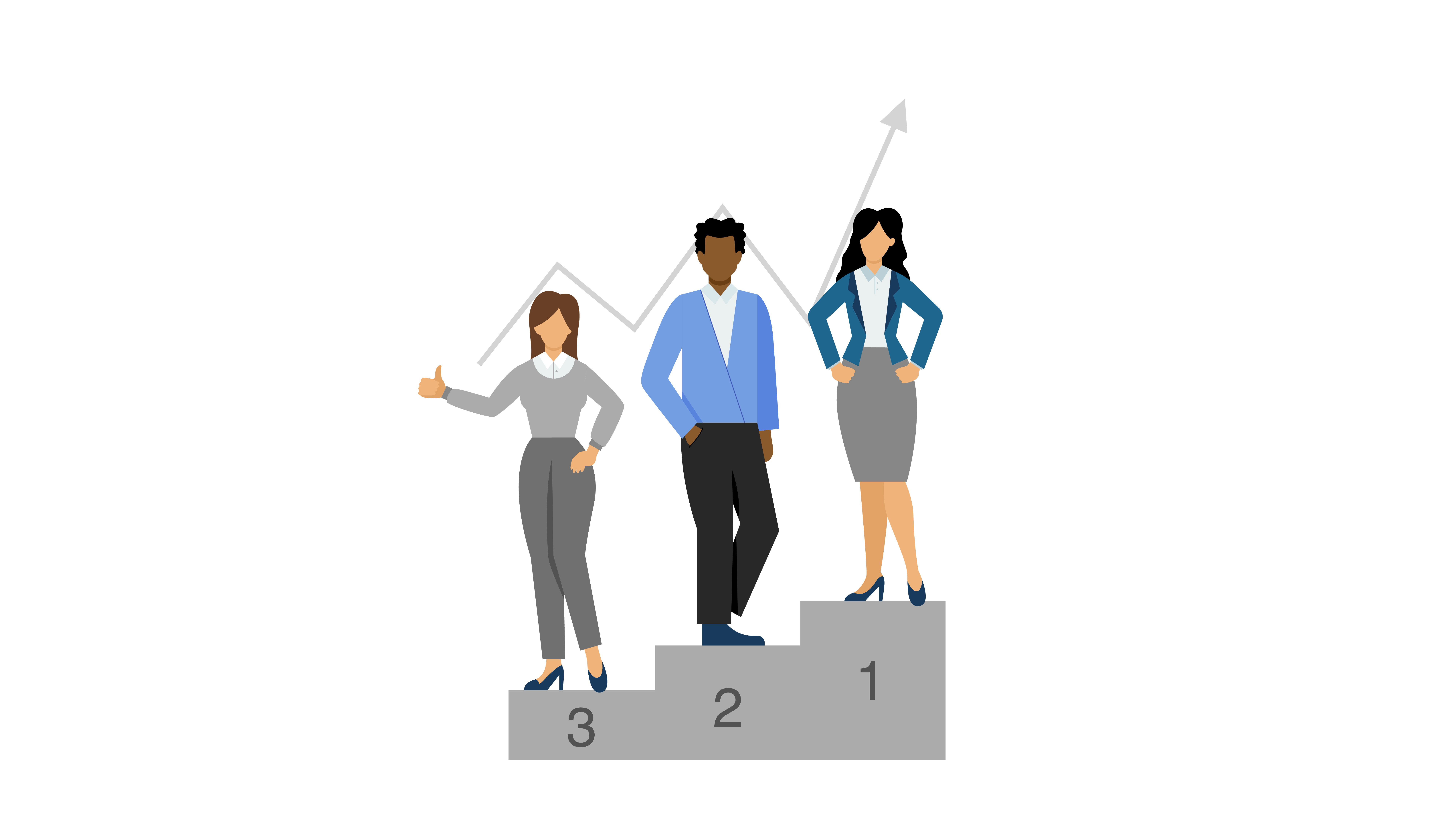All Categories
Featured
Modern organizations need to have an centralized location for Customer Data Platforms (CDPs). This is a critical tool. These software applications provide the most accurate and complete view of the customer, which can be used for specific marketing as well as personalized customer experience. CDPs have a range of functions that include data management, data quality and formatting. This allows customers to be compliant with regards to how data is stored, used and accessed. With the capability to pull data from other APIs such as CDPs can also pull data from other APIs. CDP can also help organizations put the customer at the forefront of their marketing campaigns as well as improve their operations and make their customers feel valued. In this article, we will look at the benefits of CDPs to companies.
cdp data platform
Understanding CDPs: A customer data platform (CDP) is a program that allows companies to collect information, manage, and store the customer's information in one central place. This allows for more precise and complete picture of the customer. It can be utilized for targeted marketing and personalised customer experience.
-
Data Governance The most significant aspects of a CDP is the ability to categorize, safeguard, and manage information that is in the process of being incorporated. This includes profiling, division , and cleaning of data that is incoming. This ensures compliance with data guidelines and policies.
-
Data Quality: It's essential that CDPs make sure that the information they collect is of high quality. That means data needs to be entered correctly and adhere to the desired quality standards. This helps to minimize additional costs associated with cleaning, transforming and storage.
-
Data formatting Data formatting CDP is also available to ensure that data is entered in a specified format. This helps ensure that data types such as dates match with the information collected from customers and that the information is entered in a rational and consistent way. cdp data
-
Data Segmentation Data Segmentation: The CDP allows you to segment customer data in order to better understand customers from different groups. This allows you to test different groups against one another , and to get the appropriate sample distribution.
-
Compliance: A CDP permits organizations to manage the information of customers in a legal manner. It permits you to define secure policies and categorize information in line with these policies. You may also be able to detect any violations of the policy when making decisions about marketing.
-
Platform Choice: There are various types of CDPs, so it is important to know your needs in order to select the most appropriate platform. Think about features such as data privacy and the ability of pulling data from different APIs. customer data platfrom
-
The Customer at the Heart of Everything This is why a CDP allows the integration of real-time and raw customer data, offering the immediacy, accuracy and unified approach that every marketing team requires to improve their operations and connect with their customers.
-
Chat, Billing , and more Chat, Billing and more CDP helps you discover the context of great conversations, no matter if you're looking at billing or chats from the past.
-
CMOs and big-data: 61% of CMOs believe they're not making use of enough big data, according to the CMO Council. The 360-degree perspective of the customer offered by CDP CDP can be a wonderful approach to address this issue and enable better marketing and customer interaction.
With numerous different kinds of marketing technology out there each one normally with its own three-letter acronym you may wonder where CDPs come from. Despite the fact that CDPs are amongst today's most popular marketing tools, they're not an entirely brand-new idea. Instead, they're the most recent action in the advancement of how marketers manage client information and client relationships (Consumer Data Platform).

For most marketers, the single greatest worth of a CDP is its capability to segment audiences. With the abilities of a CDP, online marketers can see how a single client interacts with their business's various brand names, and identify opportunities for increased personalization and cross-selling. Naturally, there's a lot more to a CDP than division.
Beyond audience division, there are 3 huge reasons your business may want a CDP: suppression, customization, and insights. Among the most interesting things marketers can do with data is recognize clients to not target. This is called suppression, and it's part of providing really individualized client journeys (Marketing Cdp). When a customer's unified profile in your CDP includes their marketing and purchase data, you can suppress ads to customers who have actually already bought.

With a view of every client's marketing interactions connected to ecommerce data, website gos to, and more, everyone across marketing, sales, service, and all your other groups has the chance to understand more about each customer and provide more customized, appropriate engagement. CDPs can assist marketers attend to the origin of much of their most significant everyday marketing problems (Cdp Data).
When your data is disconnected, it's more difficult to comprehend your consumers and create meaningful connections with them. As the number of information sources used by online marketers continues to increase, it's more vital than ever to have a CDP as a single source of fact to bring everything together.
An engagement CDP uses customer information to power real-time personalization and engagement for clients on digital platforms, such as websites and mobile apps. Insights CDPs and engagement CDPs comprise the bulk of the CDP market today. Very few CDPs include both of these functions equally. To choose a CDP, your business's stakeholders ought to think about whether an insights CDP or an engagement CDP would be best for your needs, and research the few CDP alternatives that include both. Customer Data Platforms.
Redpoint GlobalLatest Posts
The Benefits of Real-time Data Collection with a CDP
Maximizing the Potential of Big Data with a CDP
CDPs and the Role of Data Segmentation in Personalized Marketing